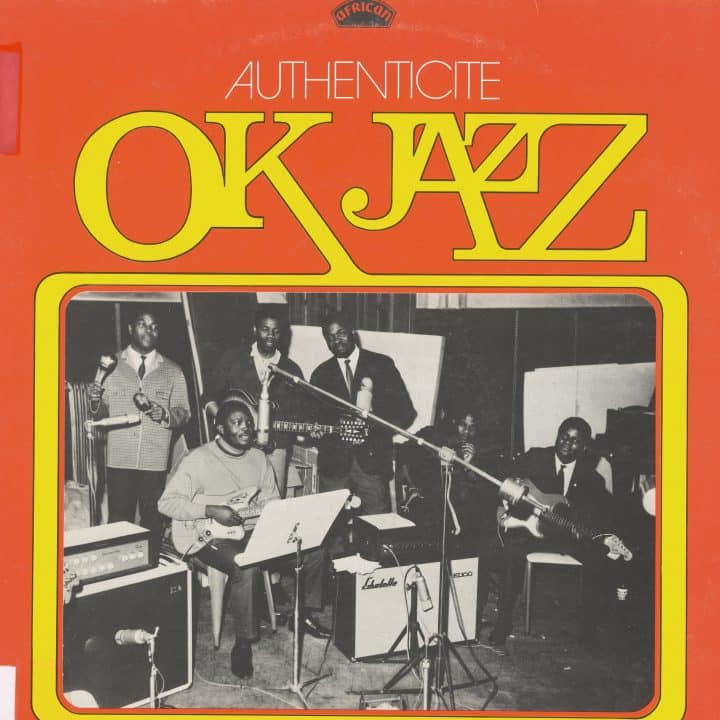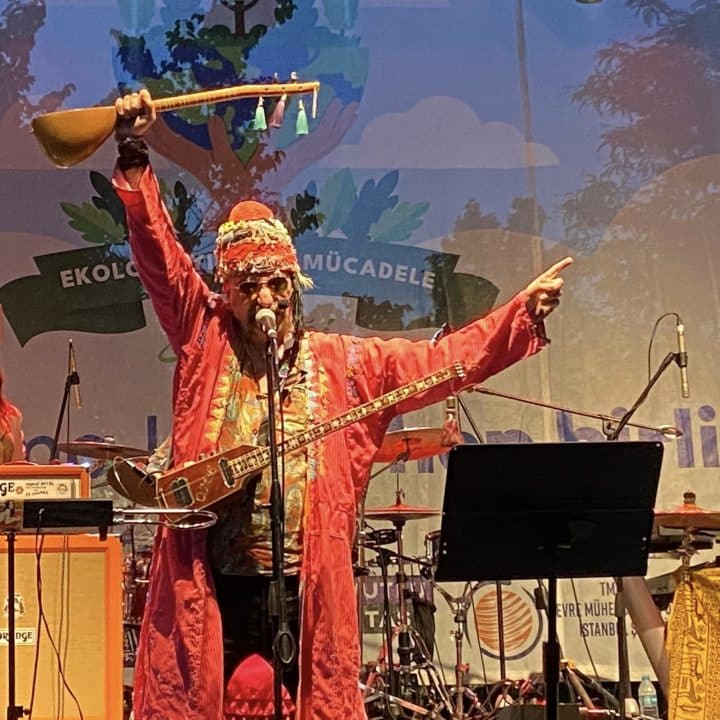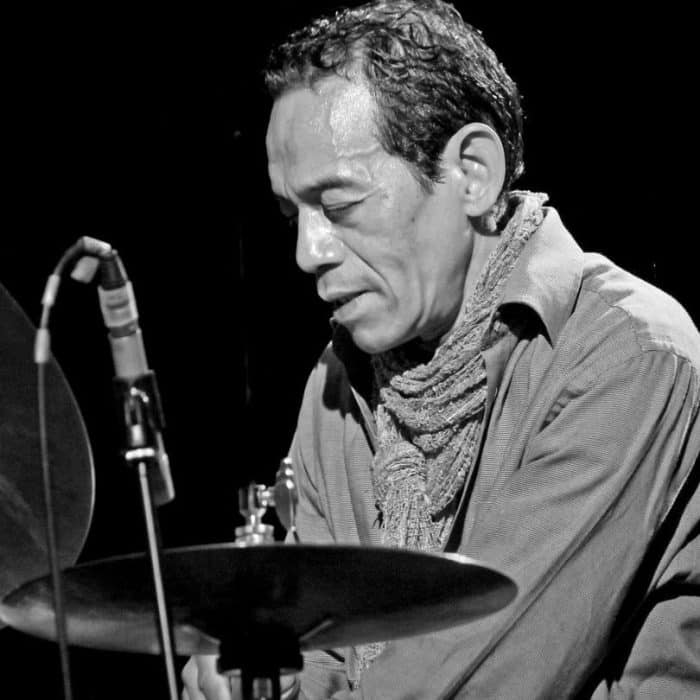The kora and emancipation in secular and liturgical music
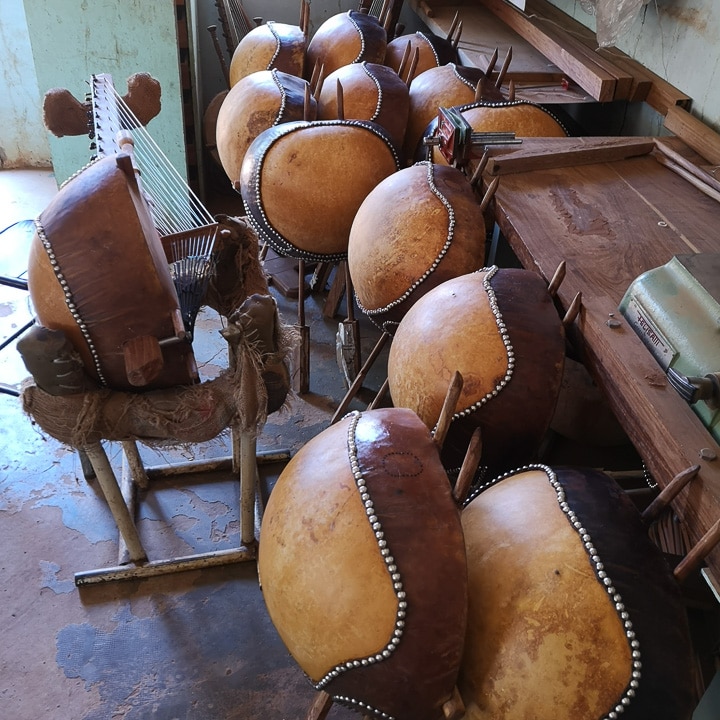
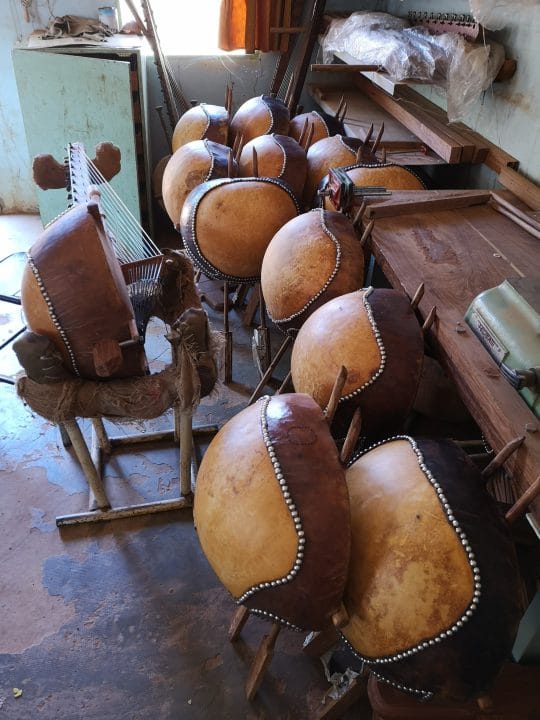
The kora and emancipation in secular and liturgical music
The kora, a bridge harp of the Manding peoples of West Africa is an instrument of both, backward-looking and affirmative utopias. The musicians playing the kora, called jali or griots, sing about past empires, historical rulers and contemporary leaders. Within the last five decades the kora spread globally along two hardly interconnected networks, the secular and highly visible infrastructure of modern World Music marketing and individual migration – and the religious and more secluded networks of Catholic monasteries. Apart from its spread beyond the Manding peoples it also transgressed the gendered boundary of its mastery. Traditionally, only men were supposed to play the bridge harp – at least in public. Currently, more and more nuns play the instrument in the liturgy and female musicians playing the kora appear on stages.
Isabelle Jonveaux, Katrin Langewiesche and Hauke Dorsch conducted fieldwork in Belgium, France, Benin, Burkina Faso, The Gambia and Senegal, with Jonveaux and Langewiesche focussing on nuns playing the kora in the respective monasteries in Europe and Africa, and Dorsch focussing on traditional kora musicians families in The Gambia, and the Keur Moussa monastery in Senegal, that introduced the kora to the liturgy and is globally famous for its well-constructed koras.
First findings support our impression, that women are increasingly important in this field. In the secular realm, the British-Gambian kora player Sona Jobarteh spearheaded the acceptance of female kora players through her successful international performances and by establishing a school in The Gambia where girls are taught to play various musical instruments that formerly were exclusively played by men and by jali only. In the monasteries, too, women found new ways of expressing themselves, or here their devotion, musically. An instrument that was once used to accompany stories about the heroic deeds of long gone ancestors now serves the public presence of young women on international stages and the introduction of a supposed African authenticity in the liturgy of African and European monasteries.
Please find a publication of our findings HERE – in French only.
The project was generously funded by the Mariann Steegmann Foundation.
